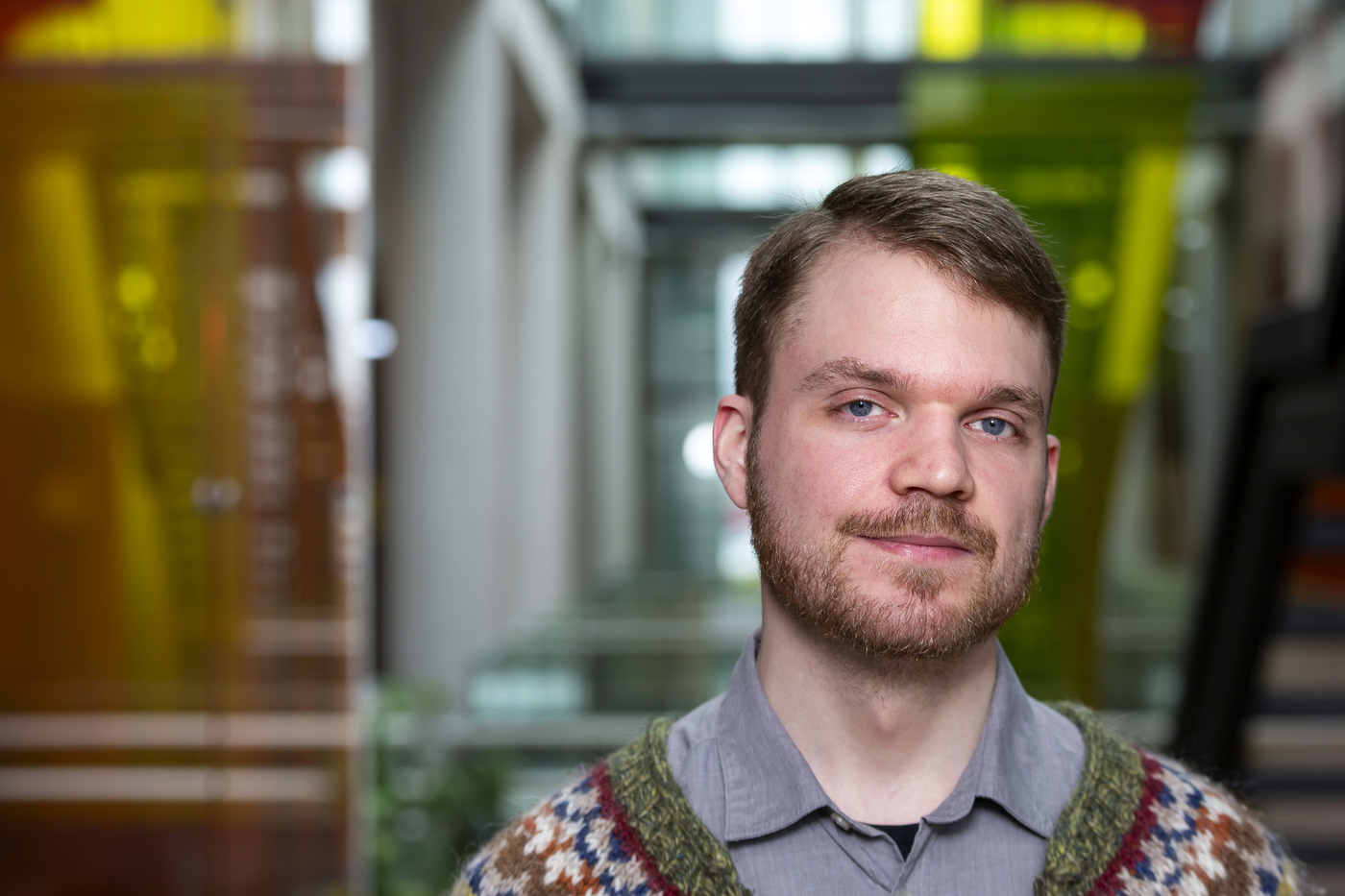Various research projects within in the School of Education focus on developing and improving teaching at all levels; either by new teaching methods or by re-evaluating and changing existing methods. Jóhann Örn Sigurjónsson, doctoral student in educational sciences, is among those invested in these subjects and is currently focusing on how teaching mathematics can be improved in the senior years in primary schools, both here in Iceland and elsewhere in the Nordic countries.
"Excellence in teaching is made up of many factors. Feedback to students, the quality of explanations and time management are among them. However, I am looking at cognitive activation in my study. Cognitive activation is both the level of challenges presented in the project selected by the teacher and how they are executed in the classroom. Cognitive activation is high when students have the opportunity to discuss mathematical concepts and build on their understanding by explaining their train of thought. Designing lessons where mathematical methods and active cognitive thinking among students takes precedence is a talent teachers can develop.
Jóhann has experience in teaching math in primary school and has an B.Ed and an M.Ed degree in teaching in primary grades, and a BS in computer science. Both subjects have influenced his research interest. "My interest lies first and foremost in math education. I am also invested in methodology and my background in computer science influences my interests for further research," says Jóhann.
His master project in general teacher education spiked his interest in math education as he studied the teaching staff's point-of-view towards challenging projects when teaching mathematics. "However, I had limited opportunities to analyse the teachers in action during their class which was an obstacle in that study. That study was based on the teachers' narrative during interviews. I therefore jumped at the opportunity to dig deeper in lesson analysis in the database that became available in my doctoral thesis," adds Jóhann.
Video recordings used to analyse classes
The database in question are recordings of math classes in the eight grade. "Ten teachers in Iceland participated and identical data was gathered elsewhere in the Nordic countries; or ten teachers from each country. Three to four classes were recorded by each teacher. The students also answered a questionnaire on the teaching. The lessons are analysed with a standardised analytical parameter that provides both findings but can also be used as a frame of reference to select classes for further analysis," explains Jóhann.
The analysis shows ample opportunities to work better with teachers in Iceland on strengthening cognitive activation in math teaching according to Jóhann. "There are, however, also examples of classes in Iceland, and in all of the countries that participated, that are very good; even exemplary, in regards of cognitive activation. I am currently working on studying the lessons that are exemplary in cognitive activation across the Nordic countries. The preliminary results indicate that project implementation is key, more so than the challenge of the projects themselves. "There were instances of high level cognitive activation in diverse mathematical material, such as probability studies, fraction, percentage, and algebra," adds Jóhann.
Part of a large Nordic research project
Jóhann's doctoral thesis is a part of a large research project at eight Nordic universities led by Quality in Nordic Teaching (QUINT) at the University in Osló. Jóhann is part of a group of seven doctoral students working on the project with the supervision of two academics at the University of Iceland, Anna Kristín Sigurpardóttir, professor, and Berglind Gísladóttir, assistant professor professor, in addition to Jorryt van Bommel, associate professor at Karlstad University in Sweden in his doctoral thesis.
When asked about the significance of his research for society and science he points out that the knowledge created can be used in professional development among teachers and in teaching studies. "The scientific contribution lies both in the unique insight into Nordic classes in mathematics, and to raise questions on the validity of student surveys and the analytical parameter on the quality of teaching," concludes Jóhann.




